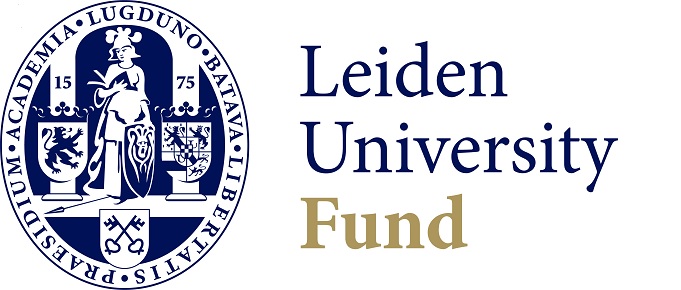
Owada Chair should bring together nations, cultures and individuals
Dominique Moïsi, a professor at King’s College London, will be the first holder of the Owada chair. ‘In the present international context of polarisation and divisions within societies and amongst nations, any effort at bringing Asia and Europe closer to each other is truly important.’
This rotating chair is named after Professor Hisashi Owada (1932) who is an expert in international law. He was a judge and president of the International Court of Justice in The Hague and Professor of Relations between Europe and Japan at Leiden University. He is currently a visiting professor at the University of Tokyo. The Owada chair focuses on interaction between international law and international relations through interdisciplinary approaches.
Reconciliation between nations, cultures and individuals
In an email, Moïsi says he is honoured to be the first holder of the Owada chair. As the son of an Auschwitz survivor, he has always been obsessed with the issue of reconciliation between nations, cultures and individuals. ‘As a Japanese diplomat, a scholar of international repute, and above all as an outstanding moral figure, Hisashi Owada has shared this concern. We may pursue this common interest of ours – maybe with some positive results - thanks to the existence of this Chair and the fact that I am its first holder.’

Moïsi (1946) studied at Sciences Po Paris and Harvard University and obtained his PhD at the Sorbonne. He founded and led the Institut Français des Relations Internationales. He is currently a professor at King’s College London and has taught at various leading universities in Europe. Since 2016 Moïsi has also been an adviser for the Institut Montaigne, a Paris think tank.
Emotions
The topic of Moïsi’s inaugural lecture is ‘Emotions in International Relations’. ‘In times of pandemic and war, emotions play a crucial role, far more so than in calmer times. More than ten years ago I published the first of three editions in Dutch of The Geopolitics of Emotion: How Cultures of Fear, Humiliation and Hope are reshaping the world. I compared emotions to cholesterol, which doctors claimed then could be either “good” or “bad”. Unfortunately, bad emotions have been on the rise and good emotions in decline since the publication of my book. Why has this been the case? What are the possible remedies? This will be the topic of my Owada Lecture.’
Owada chair
In Leiden, this rotating chair is located at the Faculties of Humanities, Social and Behavioural Sciences, Governance and Global Affairs, and Law. Its sphere of activity will be directed by Isabelle Duyvesteyn, Professor of International Studies and Global History. The Owada chair is funded by the Leiden University Fund, the Leiden Asia Centre, the Ailion Foundation and Kikkoman Foods Europe B.V.
